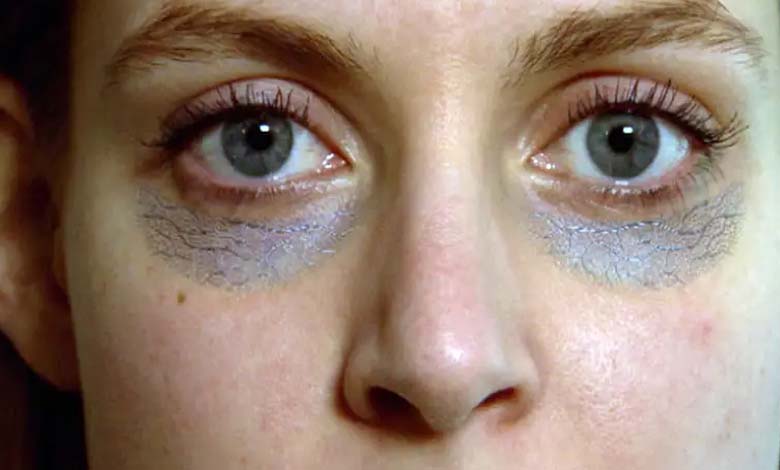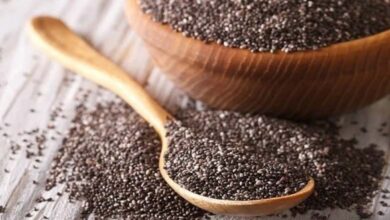How vitamin deficiencies affect the formation of dark circles under the eyes

Dark circles under the eyes are not only an aesthetic concern but can also indicate underlying health issues. While fatigue, stress, and lack of sleep are often blamed, nutritional deficiencies—particularly in vitamins—play a crucial role in their development and exacerbation. Understanding the connection between diet, vitamin deficiency, and the delicate skin around the eyes allows for more effective prevention and treatment strategies.
-
One Cause is Dehydration… Reasons Behind Dark Circles Around the Eyes
-
Irritation and Infections: How Makeup and Contact Lenses Affect Your Eyes
1. Physiology of dark circles
The skin around the eyes is particularly thin, averaging 0.5 mm in thickness, making underlying blood vessels more visible. Dark circles can be vascular (dilated capillaries), pigmentary (melanin excess), or due to the loss of fatty tissue and collagen.
Vitamins impact multiple aspects of this physiology: they are essential for collagen production, capillary health, and pigment regulation. A deficiency can accentuate bluish or dark discoloration and slow skin regeneration.
2. Vitamin K: supporting blood circulation
Vitamin K is crucial for blood coagulation and capillary health. A deficiency may lead to micro-hemorrhages, resulting in visible dark spots under the eyes. Foods rich in vitamin K, such as spinach, kale, broccoli, and leafy greens, help strengthen blood vessels and reduce vascular dark circles.
-
A Simple Trick to Protect Your Eyes from Screen Fatigue
-
Fresh Onion Juice: The “Secret” to Fast Hair Growth
3. Vitamin C: collagen production and antioxidant protection
Vitamin C is vital for collagen synthesis, which ensures skin elasticity and firmness. A deficiency weakens the skin structure, making underlying vessels more visible. Its antioxidant role also protects cells from oxidative stress and premature aging. Citrus fruits, kiwis, strawberries, and bell peppers are excellent sources to help prevent dark circles.
4. B vitamins: cell regeneration and circulation
B vitamins, particularly B12, B6, and folate (B9), are involved in red blood cell production and tissue oxygenation. Deficiency can impair circulation, resulting in bluish or purplish discoloration under the eyes. Foods such as meat, fish, eggs, legumes, and green vegetables provide essential B vitamins.
-
Heating air threatens dry eyes… 5 ways to avoid danger
-
Developing Contact Lenses That Give Humans Night Vision
5. Vitamin E: protection against oxidative stress
Vitamin E is a key lipid-soluble antioxidant that protects cell membranes from oxidative damage. Deficiency can weaken the skin, increase inflammation, and make dark circles more prominent. Nuts, seeds, and vegetable oils are important sources of vitamin E.
6. Additional contributing factors
While vitamin deficiencies are significant, they interact with other factors:
- Lack of sleep and chronic stress amplify subcutaneous vasodilation.
- Dehydration increases skin transparency.
- Hormonal or genetic factors may predispose individuals to dark circles.
-
High Cholesterol Symptoms May Appear in Just One Eye
-
They Must Be Removed: Contact Lenses—A Hidden Danger in the Shower
7. Prevention and recommendations
- Follow a diet rich in vitamins K, C, B, and E.
- Maintain optimal hydration and limit salt intake to reduce water retention.
- Ensure adequate sleep and manage stress through meditation or exercise.
- Consider supplementation under medical supervision if deficiencies are diagnosed.
- Topical treatments, especially creams containing vitamins C or K, can improve microcirculation and skin elasticity.
Dark circles under the eyes reflect both aesthetic and health-related issues. Vitamin deficiencies directly contribute to their formation by weakening blood vessels, reducing collagen production, and lowering resistance to oxidative damage. A comprehensive approach—balanced diet, proper hydration, sufficient sleep, stress management, and targeted topical care—represents the most effective strategy to prevent and mitigate dark circles.












